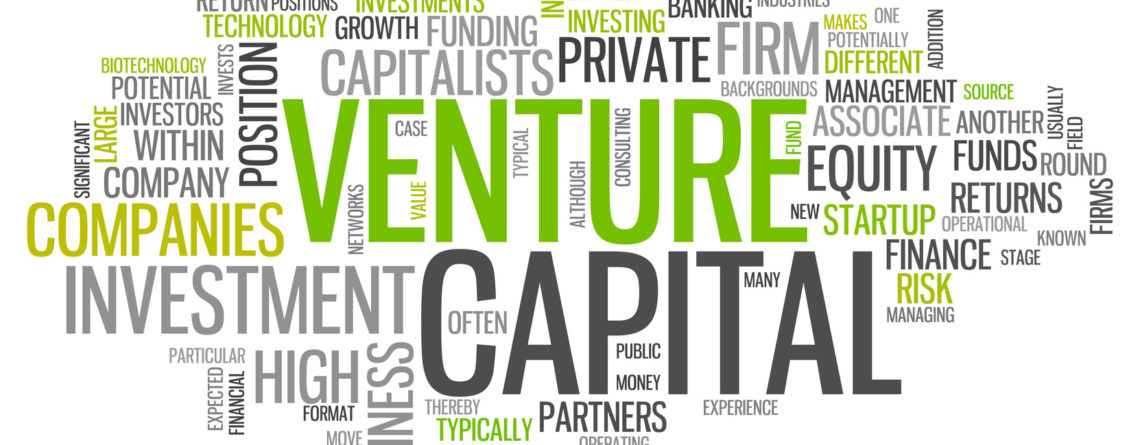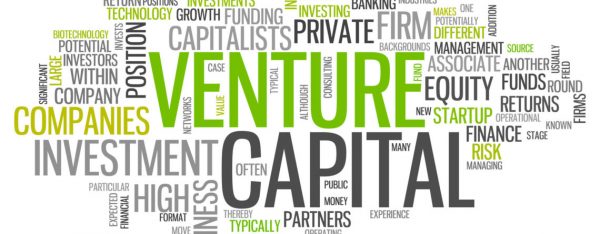The world of tech start-ups has had a shot in the arm in the past few years in Africa and at the forefront of that hubbub has been the Nigerian end of things. The success of the Lagos tech community has seen to it being called the “Silicon Valley of Africa” and this is down to the flow of venture capital, in copious amounts, in the past decades or so. In fact, Nairametrics reports the Nigerian tech ecosystem pulled in $122 million dollars last year- much of which came in the form of venture capital – which is the highest of any of Africa’s tech shining lights. So today, we want to break down the concept of venture capital and how it works in the simplest terms possible.
What is venture capital?
Venture capital is actually a type of private equity and capital that is extended to small businesses and start-up companies in direct return for some percentage of the equity. The idea is to support the growth of a viable startup as well as nurture it through direct involvement in decision making, offering advice and consulting on the various aspects of the overall vision as well as the day-to-day running of the enterprise. A venture capitalist usually gets a seat or two on the board for their troubles. Venture capitalists tend to specialize in certain fields as such as some operate with tech (most do) while others only operate with agriculture, media and energy and so on.
Who needs venture capital?
Essentially, any and every small business would need the kind of capital that VC’s offer to even take off or even be taken seriously. Naturally, entrepreneurs are wary of the kind of influence that these VC’s exert in the long run but that is a pitfall that comes with the territory. If you do your due diligence well enough, you would not pitch for more than you need or can manage especially if your business is still new and looking to disrupt an industry. There is always an arrangement that suits both parties.
How does a venture capital make profit on investment?
Typically the modus operandi for most VC’s is to invest in viable enterprises early enough (early-stage investors) or even provide capital for expansion (growth stage investors) and then cash out in a few years when a big investment company or consortium comes to buy it out. In certain circumstances, it could be an outright acquisition by bigger corporations and in unique cases, the entrepreneur may just buy back equity from VC’s due to preserving their control over decision making. As a matter of standard practice, the amount of equity a VC gets is relative to the start-up’s needs and its stage in growth. Normally, seed funding (Series A funding) will set require less capital than expansion and venture capitalists can extract the most for their investment at this point. Naturally, as the enterprise begins to grow and scale, that leverage dwindles progressively. You see, even though it needs capital for expansion as it is now more beholden to rival VC’s who are now aware of its viability and are willing undercut each other for a piece of a potentially huge payout in the future.
How do entrepreneurs find VC’s and vice versa?
The norm is that enterprises are the ones who find VC’s and not the other way round. Entrepreneurs apply for funding and make available their books for assessment by VC firms who vet applications rigorously before making them an offer. This is usually the sticky point as entrepreneurs do not want to give away too while trying to get as much as possible and VC’s want to make sure they are getting enough stake for the sort of risk they are taking.
How do VC firms raise funds?
Venture capitalist usually gets funding from individual investors who are usually known as limited partners (LP). They are usually successful entrepreneurs, themselves, who have exited their own enterprises. In Africa, LP’s are usually oligarchs or even politicians who are very high net-worth individuals looking to put their money to work somehow. Other avenues of raising funds are local and foreign banks, big corporations, pension funds and even foreign hedge funds. Universities also may invest in VC’s through their endowment funds.
Are there African VC’s and are they how well are they doing?
There are quite a few and the numbers are burgeoning in keeping with the tech advancements on the continent. Many are founded by social entrepreneurs who are in it to solve real problems in Africa as well as scoring profit. These VC’s are bridging a gap in the market as Africa’s economic woes has seen it ignored in the global scheme of things which means many enterprises either move elsewhere or wither without capital. Laudable firms include Vusi Thembekwayo’s MyGrowthFund and Oui Capital co-founded by Oluwaseun Oyinsan. As for how well they are doing, VC’s have been criticized for undervaluing potential investments and offering unusually low capital for outsized percentages in equity. That is gradually changing, however, as better trained and well-rounded personalities are entering the field and these guys are uniquely poised to exert measurable influence from growing businesses to marketing their growth to the world.
Sources:
Investopedia
Venture Burn
Quora
Nairametrics
Featured Image Source: IOC Law
Got a suggestion? Contact us: editor at connectnigeria dot com


